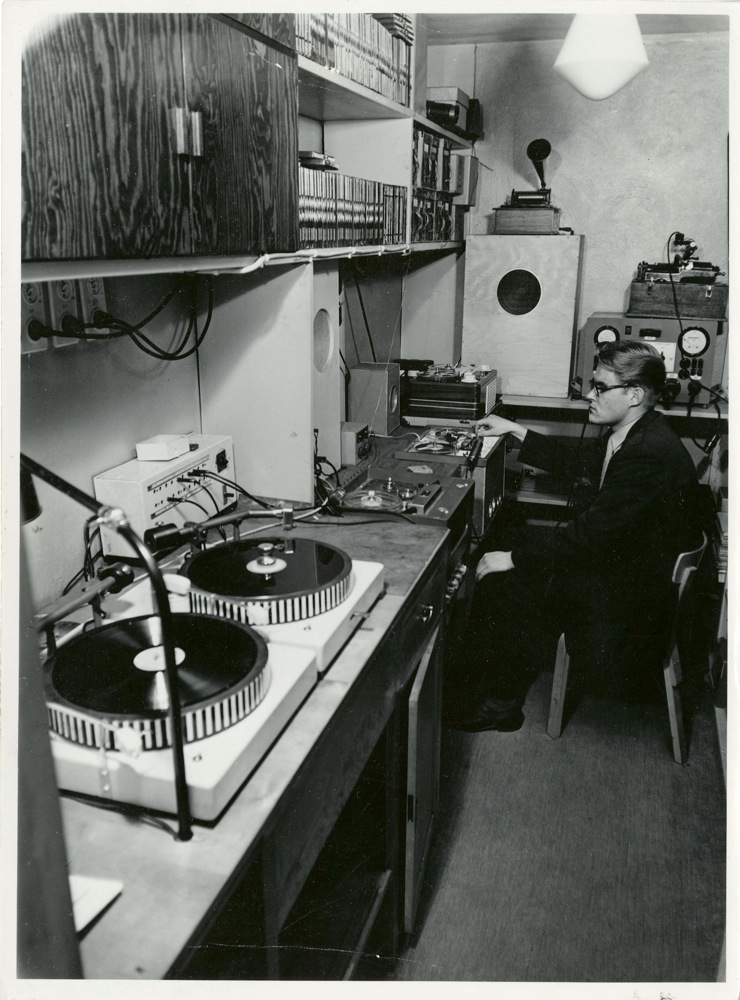Lauri Honko on:
[Wikipedia]
[Google]
[Amazon]
 Lauri Olavi Honko (born in Hanko 6 March 1932, died in
Lauri Olavi Honko (born in Hanko 6 March 1932, died in
From May 2003
* Anttonen, Veikko
"Comparative Religion at the University of Turku and the University of Helsinki: a Brief Survey."
Department of Comparative Religion. University of Turku. {{DEFAULTSORT:Honko, Lauri 1932 births 2002 deaths Religion academics Finnish folklorists Academic personnel of the University of Turku
 Lauri Olavi Honko (born in Hanko 6 March 1932, died in
Lauri Olavi Honko (born in Hanko 6 March 1932, died in Turku
Turku ( ; ; sv, Åbo, ) is a city and former capital on the southwest coast of Finland at the mouth of the Aura River, in the region of Finland Proper (''Varsinais-Suomi'') and the former Turku and Pori Province (''Turun ja Porin lääni''; ...
15 July 2002) was a Finnish professor of folklore studies and comparative religion
Comparative religion is the branch of the study of religions with the systematic comparison of the doctrines and practices, themes and impacts (including migration) of the world's religions. In general the comparative study of religion yie ...
.
Life and work
Honko was a disciple ofMartti Haavio
Martti Henrikki Haavio (22 January 1899 – 4 February 1973) was a Finnish poet, folklorist and mythologist, writing poetry under the pen name P. Mustapää. He was born on 22 January 1899 in Temmes, and died 4 February 1973 in Helsinki. He w ...
. His 1959 doctoral dissertation at the University of Helsinki
The University of Helsinki ( fi, Helsingin yliopisto, sv, Helsingfors universitet, abbreviated UH) is a public research university located in Helsinki, Finland since 1829, but founded in the city of Turku (in Swedish ''Åbo'') in 1640 as the R ...
was titled '' Krankheitsprojektile. Untersuchung über eine urtümliche Krankheitserklärung'' (Disease Projectiles: A Study of the Primitive Explanation of Disease) and developed a special typology for the analysis of ethnographic
Ethnography (from Greek ''ethnos'' "folk, people, nation" and ''grapho'' "I write") is a branch of anthropology and the systematic study of individual cultures. Ethnography explores cultural phenomena from the point of view of the subject ...
data in folk medicine. Here he put the Finnish folk tradition explanation of illness and healing into a global perspective and found distinct features and differences in geographical regions.
Honko's seminal work, ''Geisterglaube in Ingermanland'' (Belief in Spirits in Ingria
Ingria is a historical region in what is now northwestern European Russia. It lies along the southeastern shore of the Gulf of Finland, bordered by Lake Ladoga on the Karelian Isthmus in the north and by the River Narva on the border with Esto ...
) was very influential for Finnish folklorists because it set apart the old and new science of religion. In this work he used new insights from social anthropology, phenomenology of religion, social psychology and sociology. Honko also interpreted the experience of guardian spirits in Ingria
Ingria is a historical region in what is now northwestern European Russia. It lies along the southeastern shore of the Gulf of Finland, bordered by Lake Ladoga on the Karelian Isthmus in the north and by the River Narva on the border with Esto ...
n peasant society by developing a genre-analytic and role-model theory.
In ''Geisterglaube in Ingermanland'' he classified rituals into three main categories: rites of passage, calendrical rites, and crisis rites. Honko even stresses the importance of analyzing rituals within cultural context and the need to differentiate between small-scale and complex systems of belief.
In 1961 Honko became an assistant professor in folklore studies and comparative religion. In 1963 he was an associate professor in both subjects at the University of Turku
sv, Åbo universitet
, latin_name = Universitas Aboensis
, image_name = University of Turku.svg
, motto = ''Vapaan kansan lahja vapaalle tieteelle''
, established = 1920
, type ...
. In 1971 he received a special seat. In 1996 he was named professor emeritus.
Lauri Honko also became the head of the Nordic Institute of Folklore (NIF) in Turku
Turku ( ; ; sv, Åbo, ) is a city and former capital on the southwest coast of Finland at the mouth of the Aura River, in the region of Finland Proper (''Varsinais-Suomi'') and the former Turku and Pori Province (''Turun ja Porin lääni''; ...
in 1972. From 1974 to 1989 he was president of the International Society for Folk Narrative Research and then also the editor of '' Folklore Fellows’ Communications''. He was the editor of ''Temenos'' from 1965 to 1969 and from 1975 to 1990, of ''NIF Newsletters'' from 1972 onwards, and of ''Studia Fennica'' from 1981 to 1989.
During the 1980s and 1970s, Honko compared popular traditions and developed a research methodology.
Bibliography
* '' Krankheitsprojektile: Untersuchung über eine urtümliche Krankheitserklärung''. Helsinki 1959. (Folklore Fellows' communications. 178.) * ''Geisterglaube in Ingermanland''. Helsinki 1962. (Folklore Fellows' communications, 185.) * ''Textualising the Siri epic''. Helsinki 1998. (Folklore Fellows' communications, 264. Vol. 118.)Contributions
*Siikala, Anna-Leena: ''Honko, Lauri.'' In: Enzyklopädie des Märchens Vol. 6 (1990), Sp. 1236-1239.Relevant literature
*Honko, Lauri. 2013. ''Theoretical Milestones: Selected Writings of Lauri Honko''. Suomalainen Tiedeakatemia, Academia Scientiarum Fennica.External links
From May 2003
* Anttonen, Veikko
"Comparative Religion at the University of Turku and the University of Helsinki: a Brief Survey."
Department of Comparative Religion. University of Turku. {{DEFAULTSORT:Honko, Lauri 1932 births 2002 deaths Religion academics Finnish folklorists Academic personnel of the University of Turku